The Background of the Client
The subject of the case study is a well-established organisation that is an expert in building materials. Leveraging its extensive business background, the organisation has been transitioning from a traditional approach to a more structured and professional sales strategy. The organisation’s owner is a second-generation business leader. The organisation’s primary goal in seeking support from Groval Selectia is to expand its footprint nationally and internationally.
This case study outlines the challenges, Groval Selectia’s strategic interventions, and the subsequent successes over six months.
Table of Contents
What were their initial challenges?
- Lack of alignment amongst sales teams: The most glaring issue faced by this organisation’s sales team was that they were misaligned with the organisational goals. Each sales member was predominantly focused on their gains rather than working towards the goals and vision of their employer. This self-centred approach led to a lack of cohesion within the team, making it challenging to achieve unified objectives. The misaligned reasoning behind the efforts resulted in inconsistent messaging to clients, reducing overall effectiveness and creating a significant disconnect between the sales team and the management. This misalignment hindered the implementation of strategic sales plans and prevented the company from achieving its full potential in the market.
- Lack of productivity: The sales team’s efforts were directed towards something other than the organisational goals. Hence, despite their hard work, their efforts could have driven more meaningful results. This led to a productivity gap. Many members of the sales team relied on outdated or ineffective techniques. These methods could have engaged modern customers, leading to low conversion rates. The team needed more training and development, which made them incompetent for the complex situations. As salespeople often focused on low-impact activities, neglecting more promising opportunities, the results were far from desirable.
- Poor discipline: Due to the difference of interests, discipline was extremely poor. Continuous underperformance and misalignment with the organisation’s goals led to widespread frustration and discontent among team members, affecting the lower ranks and the management. This negative atmosphere also led to loose talks and gossip, which eroded team spirit and undermined any attempts to build a collaborative environment. The resulting lack of discipline made it difficult to maintain focus and consistency in sales efforts, creating additional challenges for the management to address.
Strategic Interventions by Groval Selectia
- Reorientation of the teams: The first three months were critical for setting the stage for transformation. Groval Selectia Initiated the process by identifying and removing unproductive dynamics within the team. This included:
- Replacing non-aligned members: A sizable number of team members who were not aligned with the company’s goals were removed. This was a tough but necessary step to prevent further drain on resources and morale.
- Addressing the management’s frustration: By removing the non-aligned members, the pervasive frustration within the management started to wane, allowing for a more focused and disciplined approach.
- Finding and recruiting suitable talent: The next phase involved finding the right talent to rebuild the sales team. This process had its own set of challenges:
- Initial missteps: Though eligible, the first set of recruits needed to be more suitable for the roles. This highlighted the downside of rushing the recruitment process, even during desperate times.
- Focus on subject matter experts: Groval Selectia helped shift the focus to recruiting individuals with genuine interest and expertise in the field of business. Though this decision required significant effort in interviewing and vetting candidates, it proved correct.
- Building a cohesive team: The emphasis was on creating a team of experts aligned with the company’s vision and goals rather than individuals with just a vague idea of the industry.
- Instilling organisational values and culture: With the right people in place, the focus shifted to instilling a culture prioritising organisational interests over individual self-interests. Key steps included:
- Promoting awareness: Team members were encouraged to exhibit the highest level of non-selfish behaviour, focusing on collective success rather than personal gain.
- Tough Decision Making: Management was encouraged to be brave and take tough calls when necessary to maintain alignment and productivity.
- Emphasising the compounding effect: Belief in the compounding effect of right actions was fostered across the organisation. The idea was to remain consistent, and the right actions would eventually pay off substantially.
Outcomes:
- Improved Team Alignment: The new team was built to align with the company’s goals. The team exhibited higher productivity levels and better cooperation with management and the organisation.
- Visible Signs of Success: Not long before the early signs of success appeared. This made a positive impact on the sales team and the organisational leaders. It also indicated that the strategies developed by Groval Selectia were on the right path towards achieving the goals.
- Higher Morale and Discipline: Overall morale across the organisation improved. There were also better signs of discipline within the sales team. They were more focused on meeting the goals, which contributed to a more positive and productive work environment.
Learnings:
- Change in Talent Composition: One of the most important learnings is that there is always a need to change talent composition in niche fields like these. This is mainly because organisations need a combination of resources. This includes intent, interest and expertise in the field. This helps make sure that you have deployed resources across all levels.
- Importance of Expertise: An organisation’s chances of succeeding with a team of experts are much higher. With a team that has a vague idea of the industry, it is difficult to drive a specific set of goals. This impacts resources at an individual and organisational level.
- Courage in Decision Making: Tough decisions are essential to organisational growth. Decision makers’ ability to make decisions like letting go of a team or changing such an integral part of an organisation helps maintain alignment and productivity. Leaders need to constantly keep an open mind and be able to change with the needs of the hour.
- Selflessness: More than selflessness, a culture of self-awareness and understanding of an organisation’s overall goals and vision is important. This is where organisational goals take precedence over individual self-interests. It is crucial for an organisation’s long-term success.
- Risk management: Reorienting people in the organisation and keeping them aligned involves inherent risks, but these risks are necessary for achieving the desired outcomes. Organisations must manage risks at all levels.
- Faith in the right actions: It is important to be consistent with the right thing. Whether facing short-term or long-term challenges, faith in the right actions and processes has a compounding effect on positive actions.
Growth is never by mere chance. It is the result of forces working together
James Cash Penny

